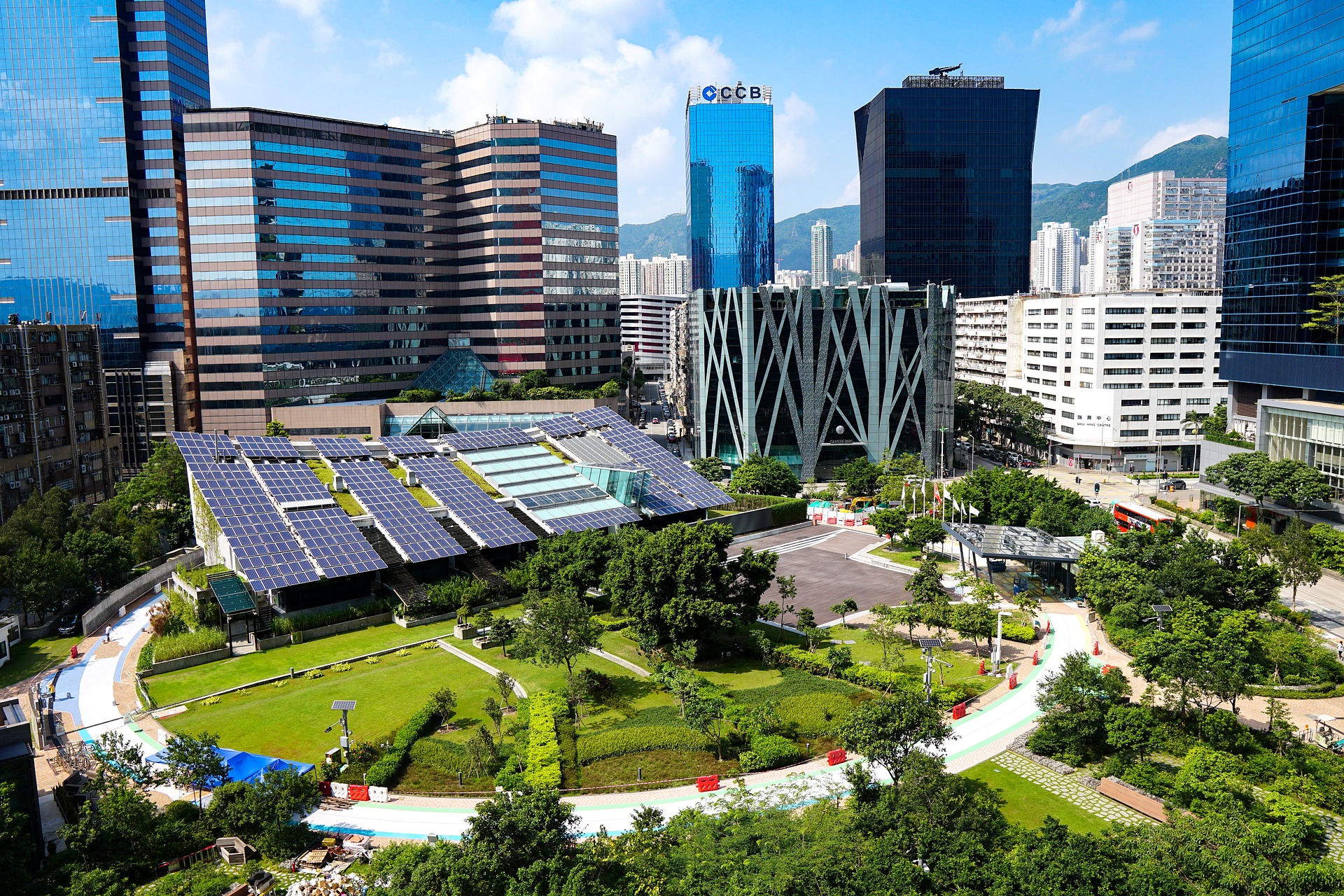
The Impact of Energy-Efficient Appliances on Workplace Sustainability
In today’s world, sustainability is more important than ever. One way to promote sustainability is by using energy-efficient appliances in the workplace. Energy-efficient appliances use less energy than traditional appliances, resulting in lower energy bills and a smaller carbon footprint. In this article, we will explore the impact of energy-efficient appliances on workplace sustainability and why it is important to make the switch.

Introduction
The use of energy-efficient appliances in the workplace is becoming increasingly popular due to its positive impact on sustainability. By making the switch to energy-efficient appliances, businesses can save money on energy bills, reduce their carbon footprint, and improve indoor air quality. This article will explore the benefits of energy-efficient appliances in the workplace, the types of appliances available, and how businesses can implement them.
What are Energy-Efficient Appliances?
Energy-efficient appliances are designed to use less energy than traditional appliances. They use innovative technology to reduce energy consumption while still providing the same level of performance. Energy-efficient appliances can be found in a variety of categories, including lighting, heating and cooling systems, office equipment, and kitchen appliances.
Benefits of Energy-Efficient Appliances in the Workplace
Reduced Energy Consumption
The most significant benefit of using energy-efficient appliances in the workplace is reduced energy consumption. This means that less energy is required to power appliances, resulting in lower energy bills and a reduced carbon footprint. By reducing energy consumption, businesses can also help to conserve natural resources.
Lower Energy Bills
Energy-efficient appliances can help businesses save money on their energy bills. Although energy-efficient appliances may cost more initially, the cost savings on energy bills over time can make up for the initial investment.
Improved Indoor Air Quality
Energy-efficient appliances can also improve indoor air quality. This is because they do not produce as much heat as traditional appliances, which can lead to better air circulation and a healthier workplace environment.
Decreased Carbon Footprint
Using energy-efficient appliances can also help to decrease a business’s carbon footprint. By reducing energy consumption, businesses can decrease their greenhouse gas emissions, which can have a positive impact on the environment.
Types of Energy-Efficient Appliances for the Workplace
Energy-Efficient Lighting
Energy-efficient lighting is an easy and cost-effective way to reduce energy consumption in the workplace. LED lighting, for example, uses up to 75% less energy than traditional lighting and can last up to 25 times longer.
Energy-Efficient Heating and Cooling Systems
Energy-efficient heating and cooling systems can help businesses save money on energy bills and reduce their carbon footprint. HVAC systems that use inverter technology, for example, can reduce energy consumption by up to 30%.
Energy-Efficient Office Equipment
Energy-efficient office equipment, such as computers, printers, and copiers, can also help businesses save money on energy bills. ENERGY STAR certified office equipment is designed to use less energy than traditional equipment, without sacrificing performance.
Energy-Efficient Kitchen Appliances
Energy-efficient kitchen appliances, such as refrigerators, dishwashers, and ovens, can help businesses save money on energy bills and reduce their carbon footprint. ENERGY STAR certified kitchen appliances use less energy than traditional appliances and can help businesses conserve natural resources.
Implementing Energy-Efficient Appliances in the Workplace
Businesses can implement energy-efficient appliances in the workplace by following these steps:
Assessing Energy Needs and Current Energy Consumption
The first step in implementing energy-efficient appliances is to assess the business’s energy needs and current energy consumption. This can be done by conducting an energy audit, which will help identify areas where energy can be saved.
Setting Energy Efficiency Goals and Developing an Action Plan
After assessing energy needs and current energy consumption, businesses can set energy efficiency goals and develop an action plan. The action plan should include specific steps to achieve energy efficiency goals, such as upgrading appliances and implementing energy-saving practices.
Investing in Energy-Efficient Appliances
Investing in energy-efficient appliances is key to achieving energy efficiency goals. Businesses can choose from a variety of energy-efficient appliances that meet their specific needs.
Employee Engagement and Education
Employee engagement and education is crucial to the success of energy efficiency initiatives. Businesses can educate employees on the importance of energy efficiency and provide training on how to use energy-efficient appliances.
Conclusion
Using energy-efficient appliances in the workplace can have a significant impact on sustainability. Energy-efficient appliances can help businesses save money on energy bills, improve indoor air quality, and reduce their carbon footprint. By implementing energy-efficient appliances and engaging employees, businesses can contribute to a more sustainable future.

FAQs
- What are energy-efficient appliances? Energy-efficient appliances are designed to use less energy than traditional appliances.
- Why are energy-efficient appliances important for workplace sustainability? Energy-efficient appliances can help businesses save money on energy bills, improve indoor air quality, and reduce their carbon footprint.
- What types of energy-efficient appliances are available for the workplace? Energy-efficient appliances are available in a variety of categories, including lighting, heating and cooling systems, office equipment, and kitchen appliances.
- How can businesses implement energy-efficient appliances in the workplace? Businesses can implement energy-efficient appliances by assessing energy needs, setting energy efficiency goals, investing in energy-efficient appliances, and engaging employees.
- What are the benefits of employee engagement and education in energy efficiency initiatives? Employee engagement and education is crucial to the success of energy efficiency initiatives. Educating employees on the importance of energy efficiency and providing training on how to use energy-efficient appliances can lead to greater energy savings and a more sustainable workplace.